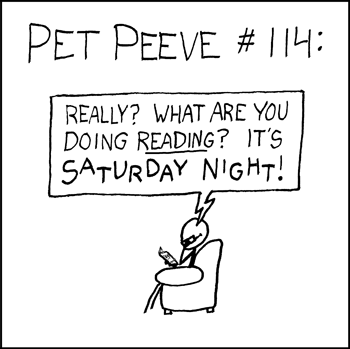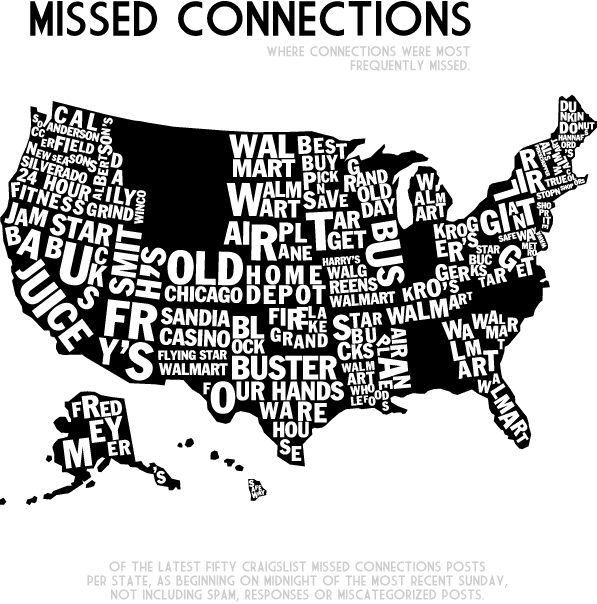The BBC's coverage seemed particularly shambolic, consisting of David Dimbleby trying to interview an ever-shifting panel of experts, insiders or opiniated wafflers but constantly interrupting what might have been interesting answers by updating those who had just joined the table as to what they were talking about and updating us with pointless commentary mostly on pictures of a sparse crowd of Republicans miserably shuffling around as if someone had just done something in their hat...
I didn't see it at the time having drifted well-off into sleep before the results were annouced but this botched interview with Gore Vidal was actually a highlight of this otherwise ridiculous coverage.
And what was particularly irksome was that they continually focused on the fact that then-Senator (now President-Elect) Obama is black. Dimbleby couldn't seem to get enough of this word, and most of his questions seemed to centre on this one fact, while the rest of the time was spent mocking Republicans they'd managed to timetable into their barely orchestrated game of musical chairs.
Sure, Obama's being black is a first but the BBC's unsubtle emphasis on this single fact overlooked the far more important fact that his campaign was for the most-part co-ordinated as a post-racial affair. More importantly still, this may be the first genuinely intelligent President that the U.S. have elected in at least eight years. Is the BBC's seeming inability to address these points down to the limits of televisual media, which can only ever hope to address what it thinks are populist questions in the time given?
Also a first, and here we get to why I'm ranting about it on this blog, is that Obama used the web as a crucial part of his campaign to appeal to a younger and potentially more diverse spectrum of voters. There's a podcast over at The Guardian - direct link here - which addresses this issue specifically. They talk to Andy Carvin, the NPR's social media expert who talks about how the use of the Web had practical applications beyond simple appeal to voters, namely:
- Using social networking for politically like-minded people to meet up - resulting in an historic coalition of support for the Democrats
- Ways of getting donations from all over - meaning that Obama was able to turn down public funding, so confident was he of getting enough donations from the electorate at large
And how? There's been much use of words like "grassroots" and "movement" in trying to describe the support behind Obama in the past year, which I think conceals the fact that what we've actually seen has been a highly-organised, controlled campaign. There may have been elements of the Democratic support that could be described as "grassroots" but this was still largely a top-down affair, remarkable because it managed to involve so many young volunteers.
What remains to be seen is whether the people that met using these tools will maintain their connections and keep politically engaged. This will be crucial over the next 100 days or so as Obama attempts to face down a worsening economic situation and meets with pressure from corporate interests to break or ease up on some of his campaign promises. If Obama's "grassroots" supporters can stay in touch and, more crucially, organise then we might see what can be properly called a movement.


































